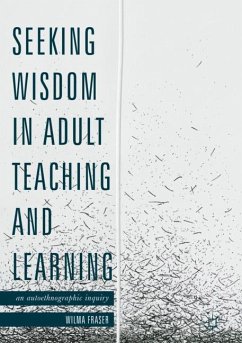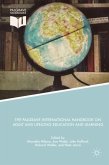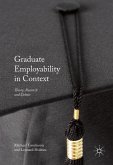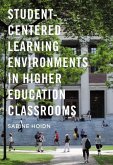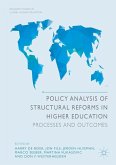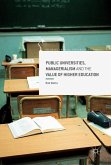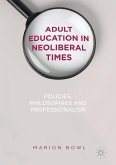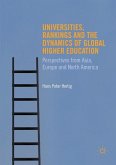This book concerns the pursuit of wisdom in education, and the argument that wisdom - personified here as Sophia - is tragically marginalised or absent in current Western epistemological discourses. It includes a review of key historical and classical framings which have lost much potency and relevance as certain cultural narratives hold sway; these include the reductionist, technicist and highly instrumentalist discourses which shape the articulation and delivery of much education policy and practice, whilst reflecting similar troubling framings from broader neoliberal perspectives. Fraser argues that wisdom's marginalisation has had, and continues to have, profoundly deleterious consequences for our educative practices. Through a compelling combination of narrative and autoethnographic techniques, while also drawing on philosophical and cultural traditions, the book pushes at the boundaries of emerging knowledge, including how knowledge is generated. It will be of interest tothose who facilitate the learning of adults in a variety of settings as well as to students and supervisors seeking exemplars and 'justification' for working in non-traditional ways.
"This really is the call of wise adult educators-to unflinchingly and critically examine the rising populism in the world and its deeply disturbing impact on all aspects of our lives and to also illuminate 'ways to revivify adult teaching and learning processes which encourage communal, as well as individual rejoinders to the problems that we face' ... ." (Elizabeth Tingle and Janet Groen, Adult Education Quarterly, November 19, 2019)
"This book, however, provides more than an account of wisdom, it is the practice of wisdom in the writing. Indeed, Fraser has succeeded in creating an artefact through which the reader can explore their own 'unknowing', that is, the relation between something that might be 'out there' and their own understanding." (James Reid, Studies in the Education of Adults, July, 2018)
"This book, however, provides more than an account of wisdom, it is the practice of wisdom in the writing. Indeed, Fraser has succeeded in creating an artefact through which the reader can explore their own 'unknowing', that is, the relation between something that might be 'out there' and their own understanding." (James Reid, Studies in the Education of Adults, July, 2018)

